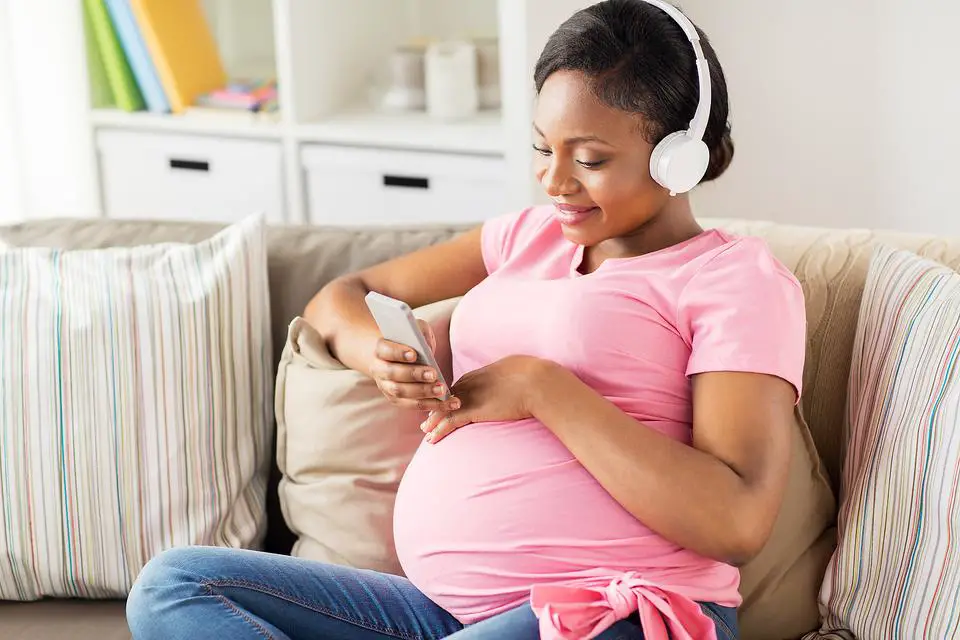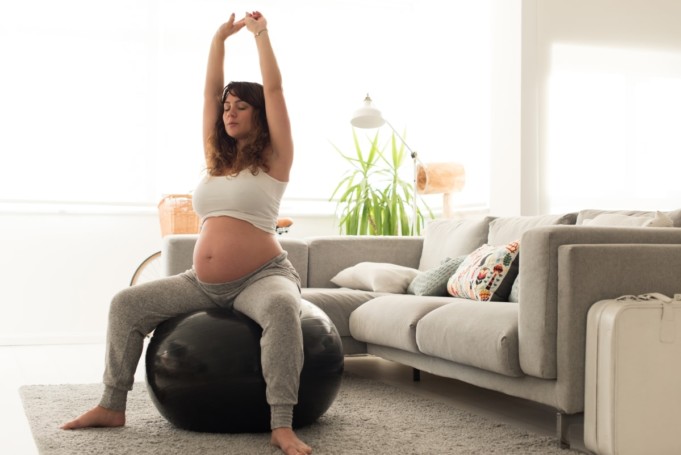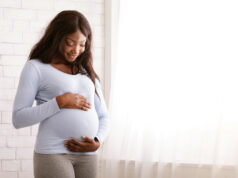Welcome to what is likely to be the single most memorable experience of your life: pregnancy. At the same time, especially for new mothers, pregnancy brings with it a range of potential worries and stresses.
From setting up the nursery, to the potential for backaches to sickness, through to the hormonal changes that can make you tired or short-tempered, pregnancy and stress seem to come hand-in-hand. But a body of recent research suggests this stress might just be more of a general annoyance.
Pregnancy and Stress
We all know the feeling of being “stressed out” sometimes. It’s part of adult life, and all too soon it’s been forgotten about. But scientists believe that stress while carrying a child can have far more marked impacts – on both you and your unborn baby.
Firstly, it’s important to appreciate that mental stress during pregnancy can have a direct effect on when your baby is actually born. For example, a study published in the highly-regarded British Medical Journal found that “the levels of psychosocial stress in pregnancy were found to be particularly high in the mothers whose babies were born preterm”.
In summary, more stress can mean earlier births. What’s more, of course, babies born too early are less well-developed, and so may require extra care in their first few critical weeks. Another study published in 2000 found that stress was directly related to lower birth weights.
Indeed, the scientists responsible found that the risk of a very low birth weight was one-and-a-half times higher than normal women in mothers who were “almost always” stressed during their pregnancy.
At its worst, it seems that continual levels of mental stress during pregnancy may even increase the chances of spontaneous abortion, or the creation of a malformed baby. A lack of stress during pregnancy also leads to statistically fewer hospital visits, and that staying relaxed during pregnancy is “associated with positive effects both on fetal behaviour and neonatal outcomes”.
However, it’s not just the birth of your baby that can be affected by stress during pregnancy. Experts have pointed to a range of developmental changes that can be directly attributed to mental stress. For one, scientists have noted that “difficult” infant temperaments can be caused by anxiety during or after pregnancy.
Prenatal stress may also increase the incidence of all manner of neural disorders, including both autism and schizophrenia. Stress can also be a causal factor, it seems, in the appearance of ADHD among children, as can prenatal exposure to cigarette smoke.
Scientists have also found that stressed or depressed mothers risk bearing children with “impaired cognitive function”, as well as having negative outcomes for the adolescent population, including an increased risk of suicide.
The concept of stress – whether we are pregnant or not – also encourages us to take part in coping behaviours. Known by scientists as “allostatic overload”, those of us struggling emotionally may resort to drinking, over-eating or smoking to deal with difficult periods in our lives.
Of course, there’s no secret that smoking while pregnant can be harmful to your unborn child. As one noted study reported “cigarette smoking may be an important mediator of stress on the fetus.”
In short, there’s a whole host of evidence why feeling stressed during pregnancy is a bad thing. Furthermore, it seems, the more frequently we feel stressed, the worse the effects are likely to be.
Finding ways to relax and stay calm during pregnancy should therefore be considered just as important as taking your folic acid supplements.
How to Stay Calm During Pregnancy

Stress is a complex business, with it affecting many of us in different ways. What stresses out one person is part of everyday life for another. There are, however, a few general rules we can consider…
Possibly the single most important way to minimize emotional stress during pregnancy is through strong social support. Indeed, one such study found that “high social support was associated with low stress scores”.
Others have looked in more depth at the quality of relationships and found just how wide-reaching the effects can be. Everything from having a strong and supportive circle of friends, to a strong relationship with your partner, to having a primary healthcare provider who really cares can all have a positive impact on your outlook.
That means that falling pregnant is the perfect time to invest in your relationships with others. Take the time to really strengthen those relationships as much as possible, as you’ll likely find they’re worth their weight in gold as the pregnancy progresses.
A variety of gentle physical activities have also been reported to have a positive impact on reducing the feeling of stress. In one interesting study, singing was found to increase feelings of well-being and relaxation.
Swimming, too, has been found to have a distinctly positive effect on stress levels. One scientist concluded that “swimmers had unusually positive initial moods and reported less tension and confusion after swimming only on the first day of testing.”
Unsurprisingly, physical activities traditionally related to relaxation can also have a positive impact on reducing the feelings of stress. Tai chi, for example, shows a positive correlation, as does yoga. In one experiment, patients doing yoga were reportedly “less anxious, tense, depressed, angry or fatigued”.
Interestingly, not all activities thought of as relaxing are necessarily a good idea during pregnancy. While the use of hot tubs and saunas might appeal, sudden rises in body temperature are best avoided while carrying a baby.
While some studies later in maternity have found that relaxing in a hot tub can reduce labour pains by as much as 25%, the use of hot tubs in the early stages of pregnancy can actually double the chances of miscarrying. Best to keep that core body temperature low unless your doctor advises otherwise.
Possibly the most freeing tip from all the scientific studies on stress relief comes from the International Journal of Stress Management where the scientists claimed that “stress reduction often occurs when we indulge in activities we find pleasurable and satisfying”.
In other words no matter what you enjoy – whether that’s painting or sewing, reading or gardening – it’s probably a good way to reduce stress during pregnancy (probably best lay off the paintballing for a while though).
In short, the medical research is pretty clear; stress during pregnancy should be seen as a very bad thing; and taking positive action to feel better about life is only likely to improve both your own health and that of your unborn baby. Relax more often, and look forward to a less complicated, and more satisfying pregnancy.
To close, it should be stated here that any and all questions you may have about stress during pregnancy should be run past your personal health practitioner. An experienced doctor or nurse knows far more about you as an individual and so will be able to offer the most accurate and tailored advice for your unique situation.
Don’t hesitate to highlight any negative feelings you may be having, and seek professional guidance as early as possible. Wishing you every success with your pregnancy.












